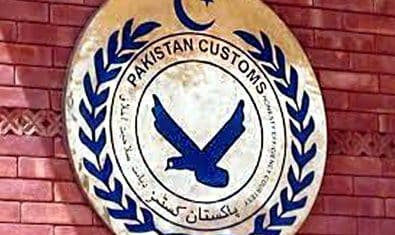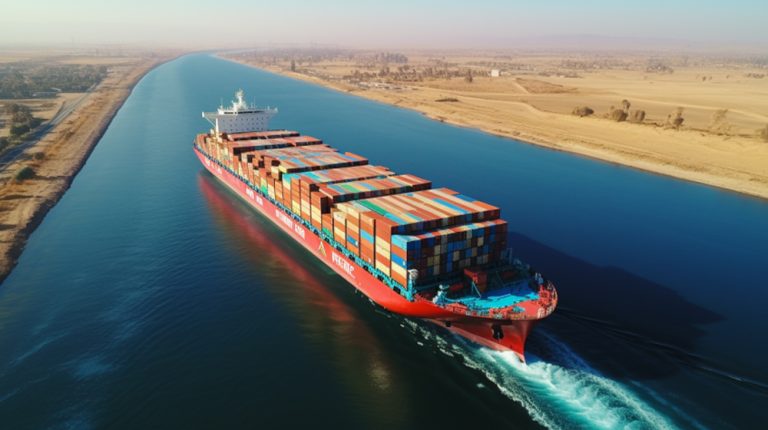USAID’s Economic Recovery and Development Activity (ERDA), in collaboration with the Khyber Pakhtunkhwa (KP) Agriculture Research and local farmers, is spearheading an innovative initiative for certified wheat seed production in District Mardan.
The project “Enhancing Wheat Seed Production through Seed Cluster Approach” has the potential to revolutionize the region’s wheat production capabilities, according to a spokesperson from the KP Agriculture Department on Sunday.
To tackle the challenges faced by wheat farmers in acquiring high-quality, high-yielding wheat seed sustainably, the seed cluster approach has been adopted.
Dr. Shakeel Kakakhel, Deputy Chief of Party for USAID’s Economic Recovery and Development Activity, emphasized the significance of the initiative. He added that various factors, such as the absence of high-yielding varieties, water shortages, and uneven pesticide and fertilizer applications contribute to lower yields. Seed determines more than any other element the outcome a crop can achieve.
The annual wheat seed requirement of KP is approximately 30,000 tons, but only 7 percent (2,100 tons) of certified wheat seed is currently available to farmers, according to the Federal Seed Certification and Registration Department. The rest comes from informal sources, including farmers’ saved seed or seed obtained from fellow farmers, middlemen, or village shops, where information about the variety’s source is often unknown.
Under the cluster approach, 250 farmers in Sawal Dher, District Mardan, will receive basic wheat seed for 250 acres of land, blended fertilizer, plant stimulant, and guidance, aimed at fortifying the foundation of the wheat farming community in the region.
This initiative will ensure the availability of certified seed to local farmers in District Mardan and adjoining districts of Khyber Pakhtunkhwa in the years to come. The use of certified wheat seed is expected to increase yields by 15-20 percent, thereby reducing KP’s dependency on other provinces for this crucial staple crop.
Fazal Wahab, Director of Planning Agriculture Research in Khyber Pakhtunkhwa, expressed optimism, stating that the project marks a significant stride towards modernizing wheat seed production in the region. He added that they anticipate benefits not only for the farmers but also for the government of Khyber Pakhtunkhwa in maintaining its position as a major wheat producer in Pakistan.
The success of the seed cluster approach hinges on the training and support provided to selected seed growers. These growers will undergo comprehensive training in certified seed production techniques, courtesy of Agricultural Research KP and the Federal Seed Certification and Registration Department.
Pakistan, ranking as the 8th largest global wheat producer and the 3rd largest in Asia, plays a pivotal role in agriculture, contributing 7.8 percent of the sector’s value-added and 1.8 percent of the country’s GDP (Economic Survey of Pakistan 2021-2022).

Follow ProPakistani on Google News & scroll through your favourite content faster!
Support independent journalism
If you want to join us in our mission to share independent, global journalism to the world, we’d love to have you on our side. If you can, please support us on a monthly basis. It takes less than a minute to set up, and you can rest assured that you’re making a big impact every single month in support of open, independent journalism. Thank you.


























